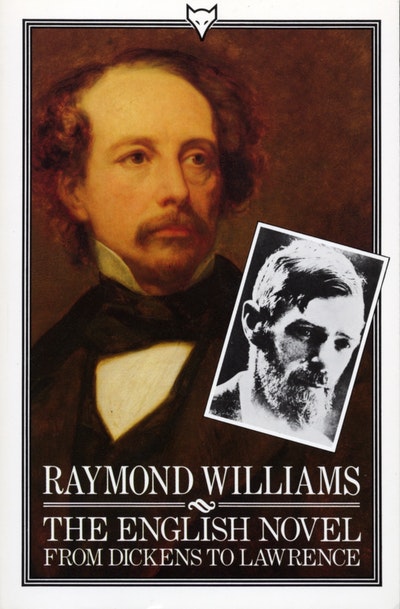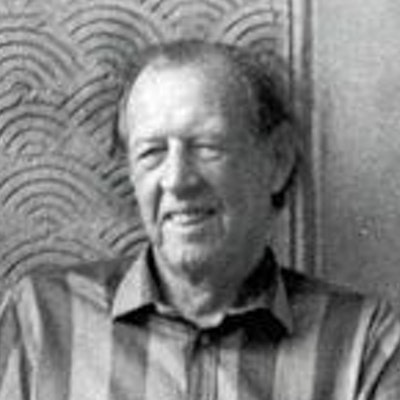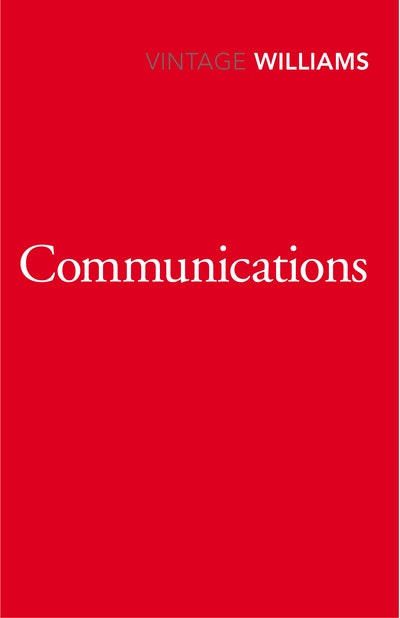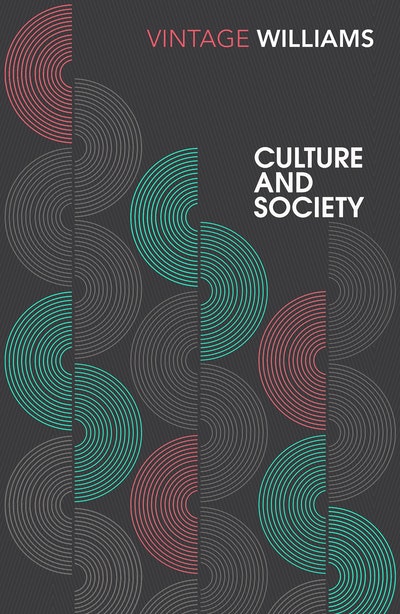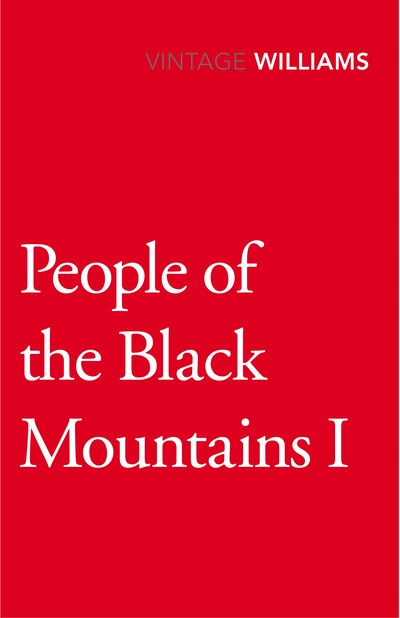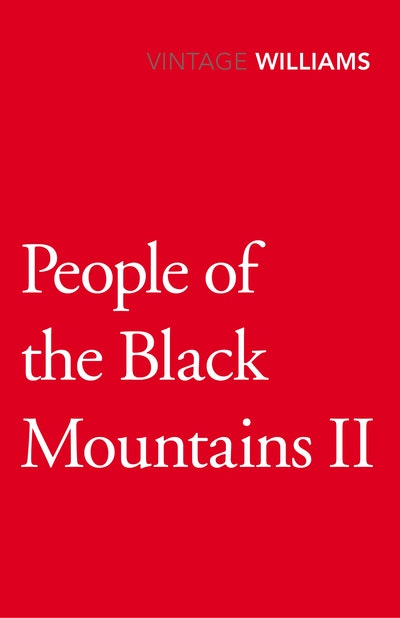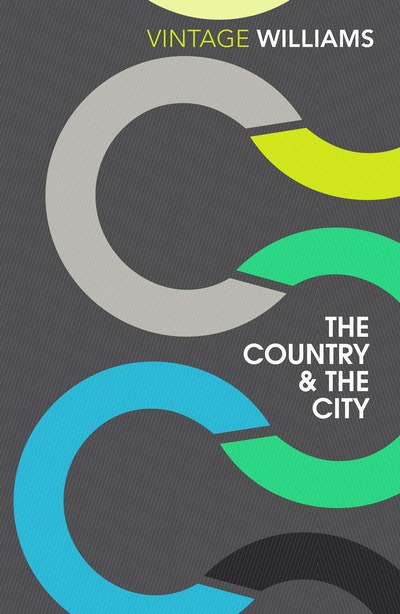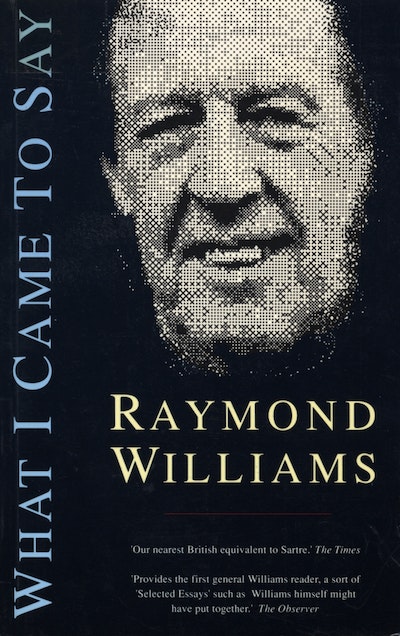The English Novel From Dickens To Lawrence
- Published: 30 November 2013
- ISBN: 9781448191284
- Imprint: Vintage Digital
- Format: EBook
- Pages: 196
His complex character, indeed his whole life, was held together by two qualities - scholarship and political conviction - which made him a major influence on three decades of political thought
Independent
He was the foremost political thinker of his generation in Britain who in his most formidable books, Culture And Society, The Long Revolution and The Country and the City, redrew the map of our cultural history, and elsewhere made heroic interventions in the main political debates of his time
Guardian
For those who read English in the '60s, it was common to revere Williams as both a rock of integrity and a pathfinder for new ways of seeing culture, communication, class and democracy
Independent
He shows us the language and imagery, the beliefs and developed ideas, the hidden assumptions and class biases, and the 'structures of feeling' of literally hundreds of writers, major and minor, poets and pamphleteers, geniuses and hacks. . . . His erudition is immense
Marshall Berman
